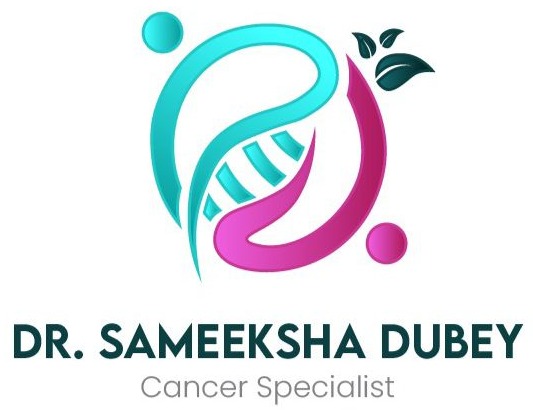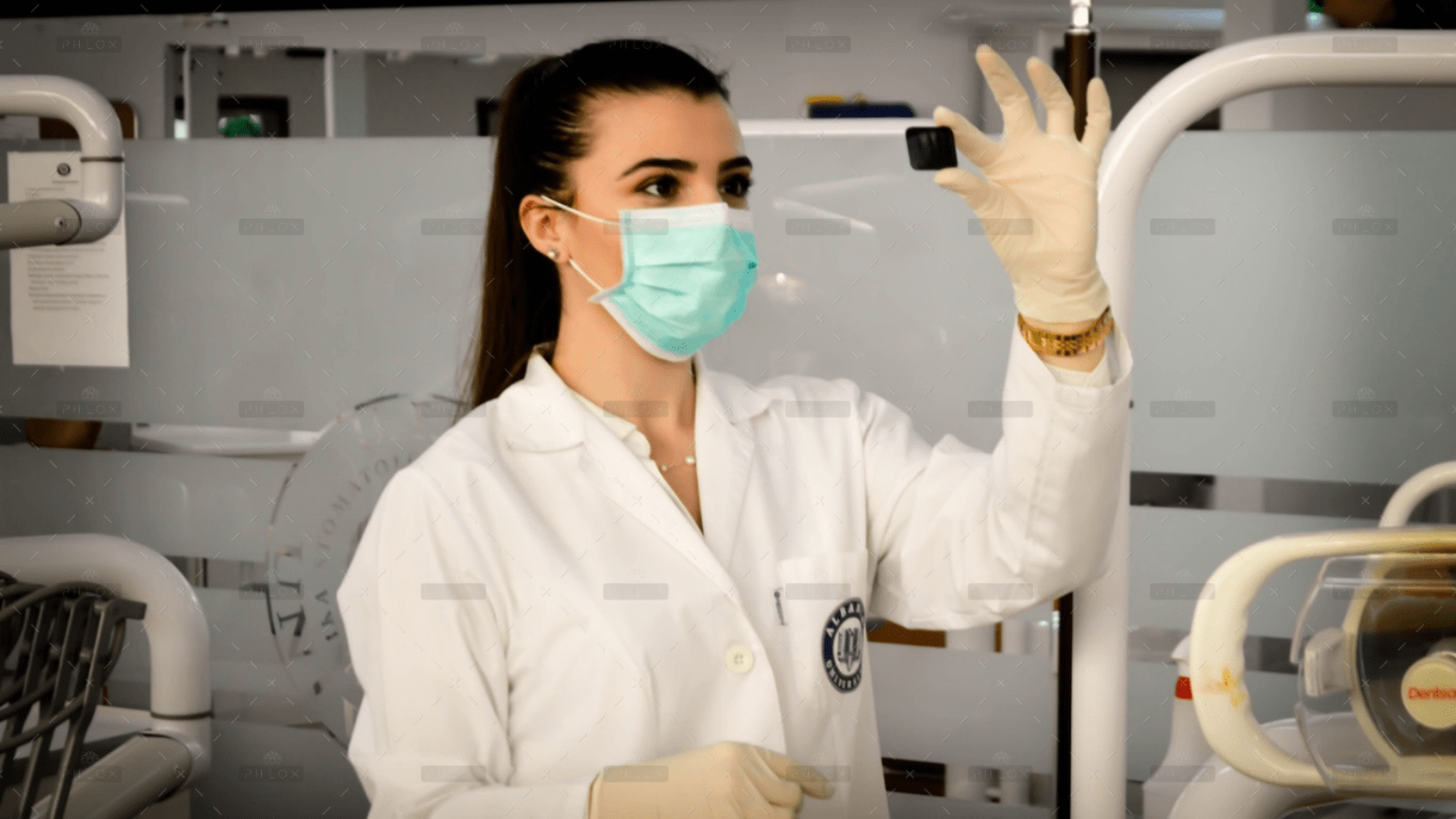In India, we are slowly moving toward an increased ratio of the geriatric population. Cancer is 11 times more likely to develop in people above 65 years compared to younger people. Advancing age is a risk factor for the development of cancer. Patients aged more than 65 account for 60% of newly diagnosed cancer cases and about 70% of all cancer deaths. Most common cancers include breast, lung, prostate, cervix, ovary, oral cancers and oesophagus. The global definition of geriatric patients is 65 years and above, but Indian guidelines include patients above 60 years of age in the geriatric population. It is known that the geriatric population is more prone to diagnosis malignancies than the younger ones. Some of the reasons why cancer is more common in the elderly include defective DNA repair mechanisms, age-related alterations in the immune system, accumulation of random genetic mutations leading to oncogene activation, lifetime carcinogen exposure, and hormonal alterations.
Geriatric population is also associated with various issues like comorbidities, polypharmacy, frailty, geriatric syndromes, socioeconomic situations which makes their disease management more difficult; the comprehensive assessment of the geriatric patient in cancer treatment is necessary and recommended by the International society of Geriatric oncology but often not done since it requires more prolonged duration of time and trained oncologists. Furthermore, such data is much less available in Indian patients.
Even though most cancer patients are in the older age group, participation of older patients in cancer treatment trials has been very low. In Canada, it was found that patients who were 65 years or older accounted only for 22% of patients in the National Cancer Institute of Canada Clinical Trials Group compared with 58% of the Canadian population with cancer from 1993–to 1996.[5] Also, in India, the number of older cancer patients enrolled in trials is much less compared to the other age groups.
In India, according to registry data, about 45–50% of all cancers in males and 35–41% of all cancer in females occur above the age of 60. The most common thinking in patient, relatives and clinicians mind, when a cancer is diagnosed in geriatric age group is that due to the age either the treatment for cancer is not possible or will not be tolerated. The chronological age of a person is not necessarily equal to their biological age and fitness of the person cannot be decided just by looking at the age
The American Society of Clinical Oncology (ASCO) recommends that all geriatric oncology patients should undergo a comprehensive geriatric assessment (CGA) of various domains, including social support, physical function/falls, cognition, nutrition, medications, comorbid medical disorders, and depression This assessment can help identify the possible issues in a geriatric person that can be corrected and which can make the patient fit enough for the treatment. This improves patient’s comprehensive care and quality of life. Though the full comprehensive assessment is extensive and require time to be done in routine clinic, there are screening methods available for the clinicians which can guide them, as to which patient needs to be assessed more thoroughly.
As is said “Age is just a number”, its high time that we start believing the same and not decide one’s fate based on just the number. Cancer treatment can be provided for a centenarian as well. Let the oncologist decide on the appropriate management.

